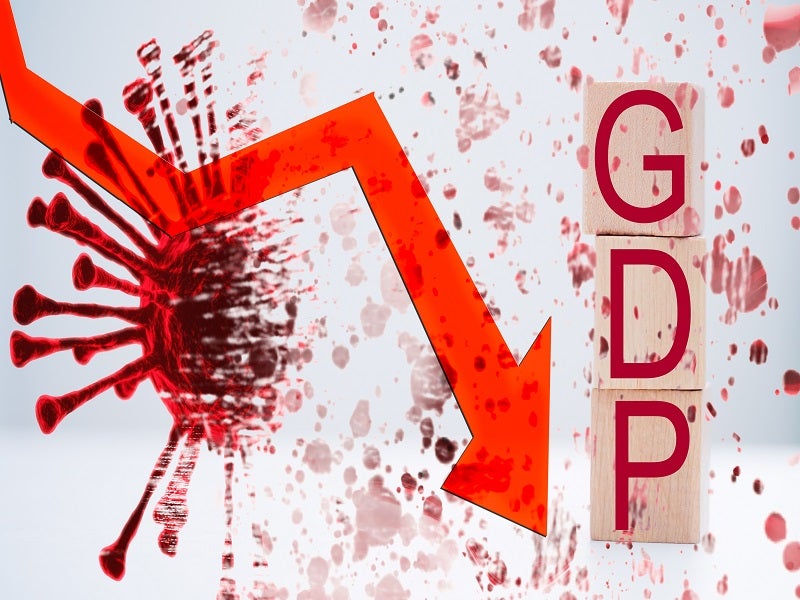Economies across the world have announced stimulus packages to deal with the impact caused by the Covid-19 pandemic. Although these packages are essential, they are not reaching the people who need it the most and increasing the deficit-to-GDP ratio.
Adam Posen
Adam Posen, president of the Peterson Institute for International Economics, shared a tweet on China’s deficit-to-GDP ratio. The article notes that China had a policy of placing a 3% ceiling on its deficit-to-GDP ratio.
The Covid-19 pandemic has broken this ceiling with the ratio exceeding 3.6% of GDP. The pandemic has added RMB1tn ($140.2bn) to the government’s deficit spending.
China has a longstanding practice of placing a 3% ceiling on its deficit-to-GDP ratio. This ceiling is now cracking with the ratio in excess of 3.6% of GDP this year. This means about #RMB 1 trillion will be added to the government’s deficit spending.https://t.co/uKXnFCQWD3 pic.twitter.com/4rgrauVqIO
— Peterson Institute (@PIIE) May 27, 2020

US Tariffs are shifting - will you react or anticipate?
Don’t let policy changes catch you off guard. Stay proactive with real-time data and expert analysis.
By GlobalDataMohamed A. El-Erian
Mohamed A. El-Erian, chief economic adviser at Allianz, shared details about the number of unemployment benefits in the US. He noted that 2.123 million people have filed for unemployment benefits in the week ending 23 May bringing the total number to more than 40 million.
El-Erian added that the US GDP contracted by 5% in the first quarter against the previously predicted 4.8%. He noted that the economic downturn in the US is deepening.
2.123 million for jobless claims, in line with consensus expectation.
Takes the #COVID19 shock aggregate to over 40 million (a quarter of the labor force).
On the GDP front, the Q1 contraction was revised from -4.8% to -5.0%.
Bottom line: The US economic downturn is deepening https://t.co/8q3Hbv07CQ
— Mohamed A. El-Erian (@elerianm) May 28, 2020
Anders Åslund
Anders Åslund, an economist and author, shared a tweet on how the funds from $660bn Paycheck Protection Program, part of the Covid-19 stimulus package, were distributed to companies that have evaded tax payments. The programme was aimed at saving small businesses, which were impacted by the pandemic and help them to pay their workers.
The article notes that bottlenecks in the programme resulted in the non-payment of funds to several small businesses. Further, much of the funds were distributed to more affluent companies that have avoided tax payments. Out of 110 companies that have received funds $4m or more, 46 companies had not paid any corporate tax during the last year, the article added.
Reuters: "U.S. taxpayers' virus relief went to firms that avoided U.S. tax"
Of course! How could it be differently? That is how the US functions today.https://t.co/EmGuvKtkYd— Anders Åslund (@anders_aslund) May 28, 2020
Gregory Daco
Gregory Daco, Chief US Economist at Oxford Economics, shared charts on how the Covid-19 pandemic has impacted durable goods orders and shipments in the US. The charts indicate that durable goods orders declined by 17.2% in April and by 29% on a year-on-year basis, while core orders declined by 5.8%.
The charts also indicate that shipments declined by 17.7% on a monthly basis and by 22% on a year-on-year basis, while core shipments declined by 5.4%.
https://twitter.com/GregDaco/status/1266010717787914246





